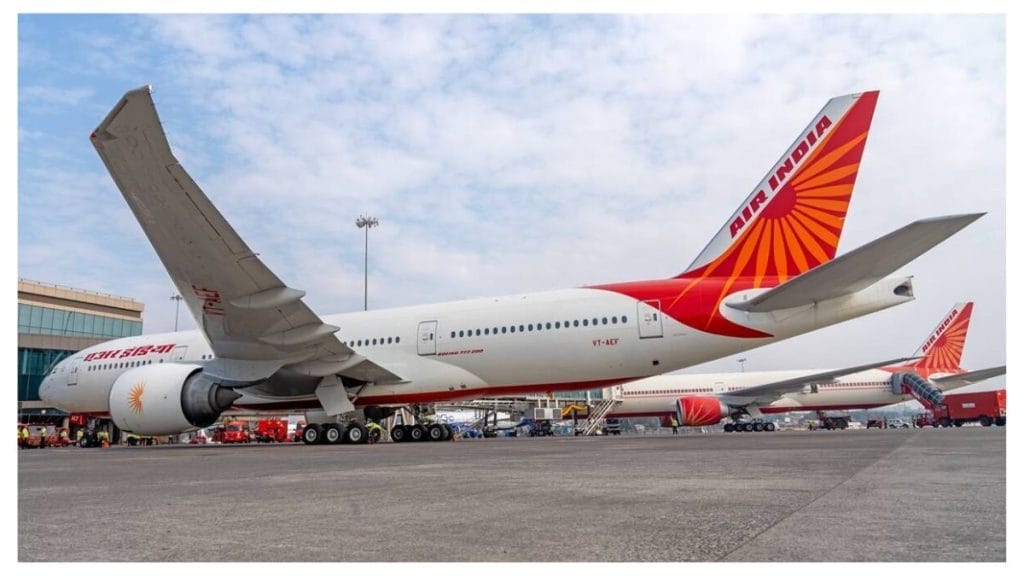New Delhi: Air India has given more time to its pilots to accept the altered compensation structure. This decision was taken after two pilot unions had opposed the new contracts, and several pilots had expressed their concerns about the revised compensation structure. The extension of the deadline also comes after Air India assembled a town hall meeting with pilots to discuss their grievances and address their concerns.
According to a source, Air India has provided more time until the end of this week for pilots who had not earlier accepted the revised compensation structure to sign the new contracts. Initially, the deadline for accepting the new contracts had ended on April 30. The decision to extend the deadline has been taken apparently due to requests from people who had not accepted the new compensation structure.
The town hall meeting organised by Air India was attended by nearly 800 pilots who had not accepted the revised compensation structure. Issues related to career progression, seniority, and roster rules were discussed at the meeting. Air India’s Chief of Operations, Captain Rajwinder Singh Sandhu, who also is a pilot, addressed the pilots and assured them that all issues could be sorted out and that no clause in the revised contracts would be misused.
Air India has around 1,800 pilots, and a crucial number of them are yet to sign the revised contracts, according to another source. On April 28, Air India’s chief Campbell Wilson said that a majority of pilots had accepted the new compensation package offered last week. He also mentioned that the airline is investing in workplace technology and training as well as in new and improved employee benefits.
The revised compensation structure for pilots and cabin crew was rolled out by Air India on April 17. However, the same was rejected by two pilot unions — Indian Commercial Pilots Association (ICPA) and Indian Pilots Guild (IPG) — on the grounds that the airline did not consult them before finalising the new contracts, allegedly in violation of labour practices.
Tata Group took control of Air India from the government in January last year. The extension of the deadline for signing the new contracts comes at a time when Go First, a budget carrier, has stopped flying, and its future remains uncertain. This has resulted in many of the carrier’s pilots seeking job opportunities elsewhere.
The use of AI has been increasingly adopted in the aviation industry in recent years, especially for tasks that require high levels of accuracy and efficiency. can help pilots make more informed decisions and assist them in performing complex tasks. With the help of AI, pilots can access real-time weather and air traffic information, which can help them make informed decisions about flight routes and take-off and landing procedures.
Moreover, AI can help airlines optimise their operations and reduce costs. For instance, airlines can use AI-powered algorithms to forecast demand and adjust their pricing and inventory strategies accordingly. AI can also be used to streamline maintenance and repair operations by predicting equipment failures and scheduling maintenance tasks proactively.
In conclusion, Air India’s decision to provide more time to its pilots to accept the revised compensation structure comes after the airline organised a town hall meeting to address their concerns. The extension of the deadline also comes at a time when Go First has stopped flying, and its future remains uncertain, leading to many of the carrier’s pilots seeking job opportunities elsewhere. The use of AI in the aviation industry can help airlines optimise their operations and reduce costs while providing pilots with real-time information and assistance to perform their tasks more efficiently.





